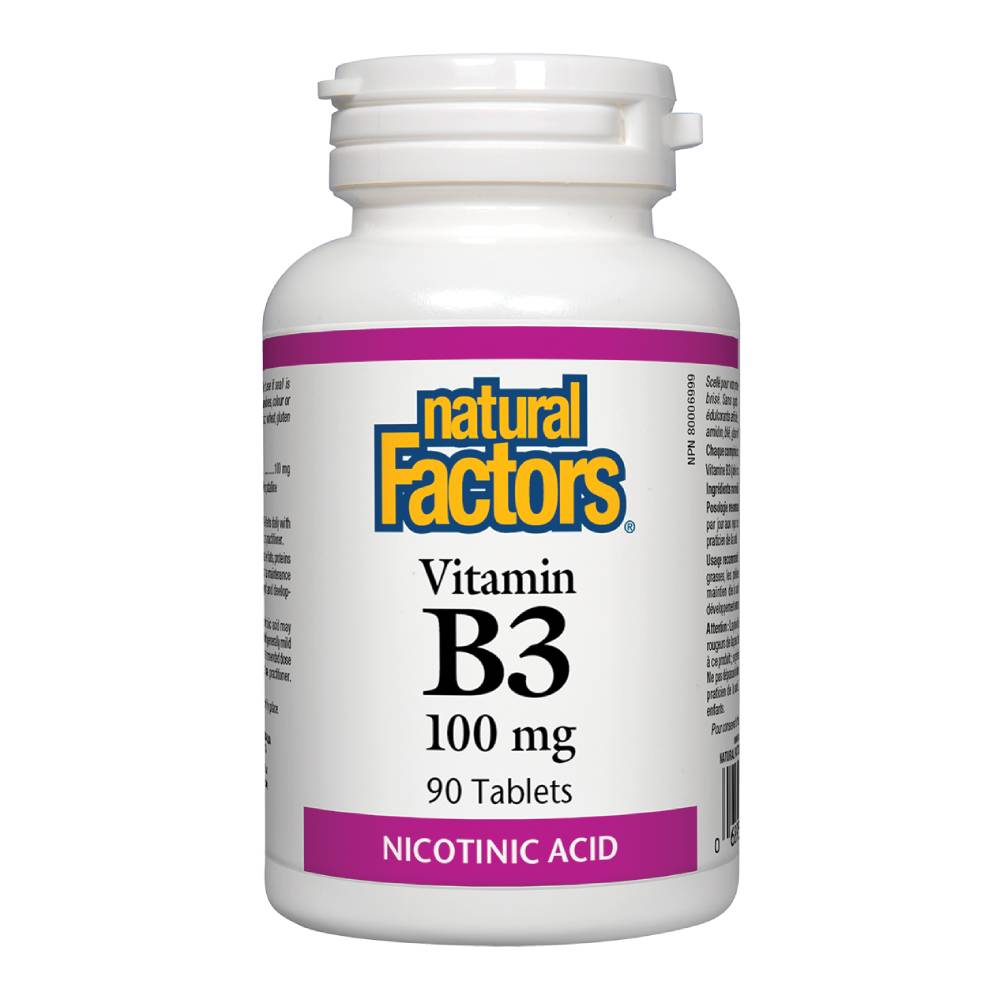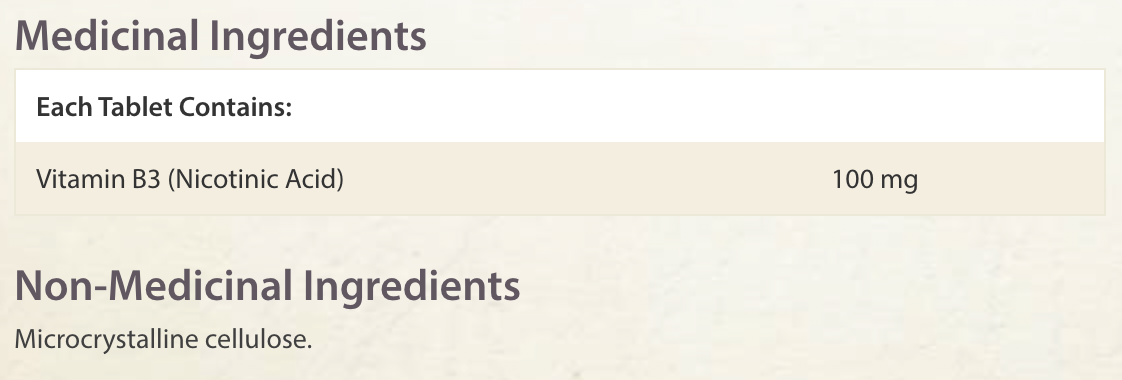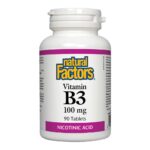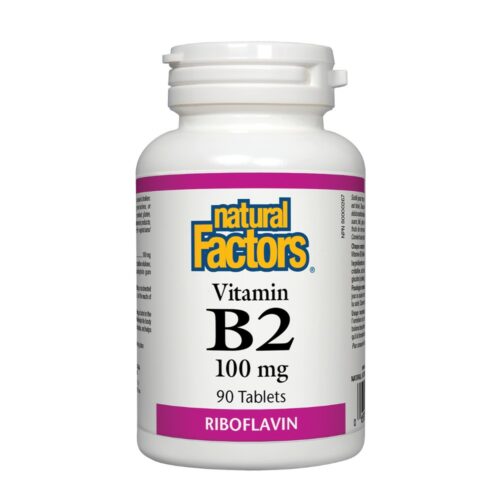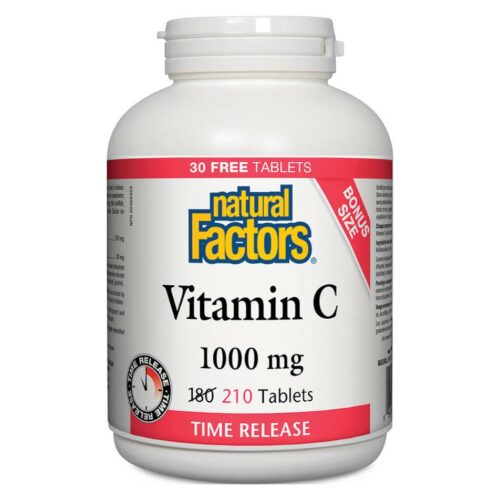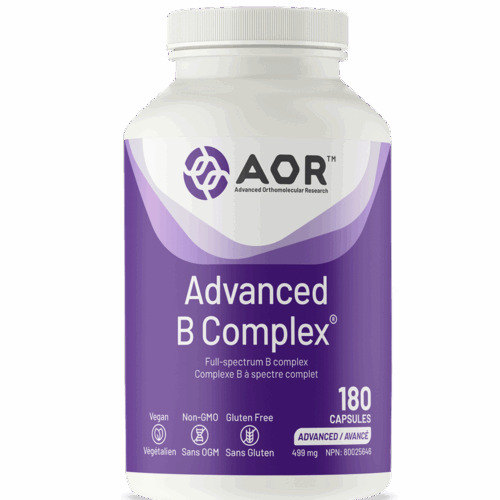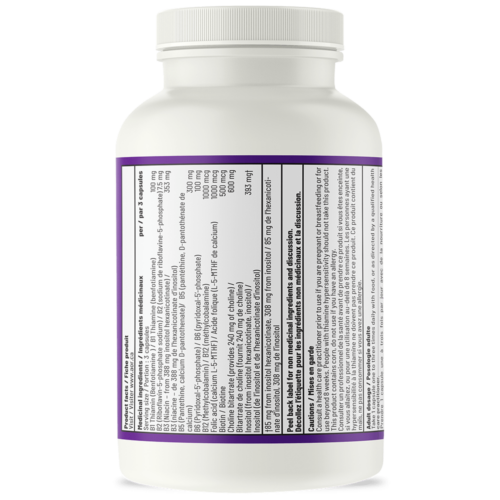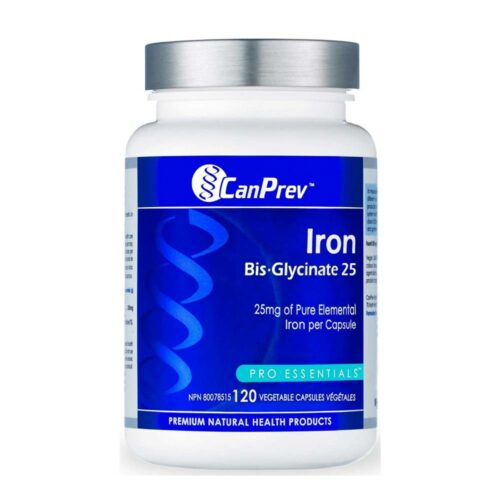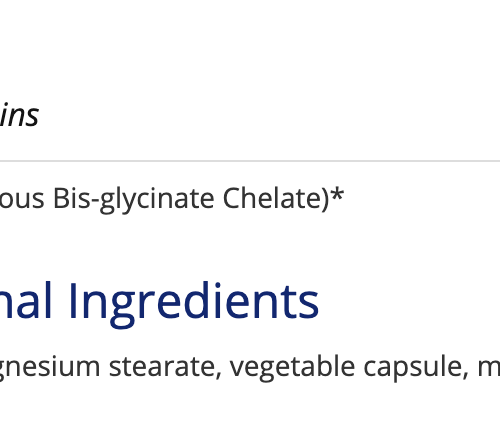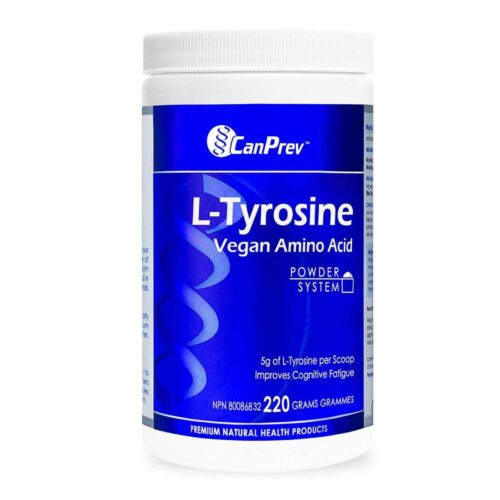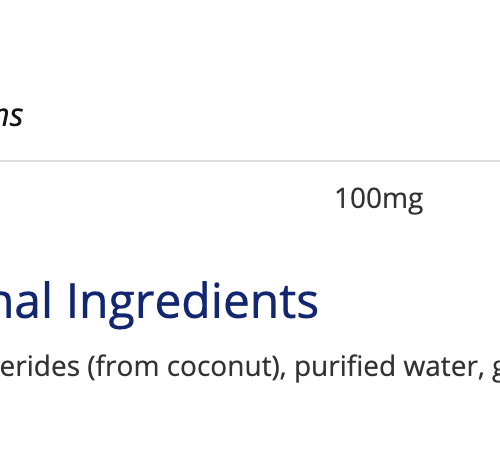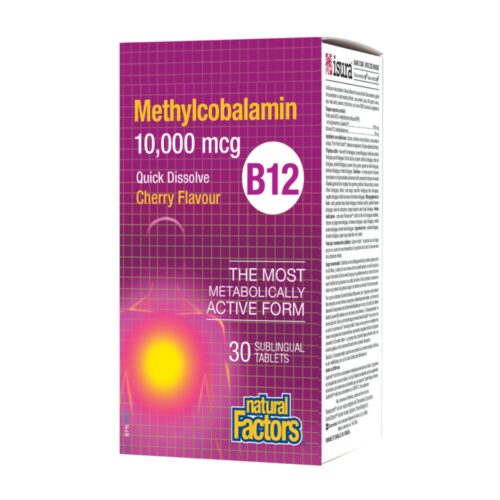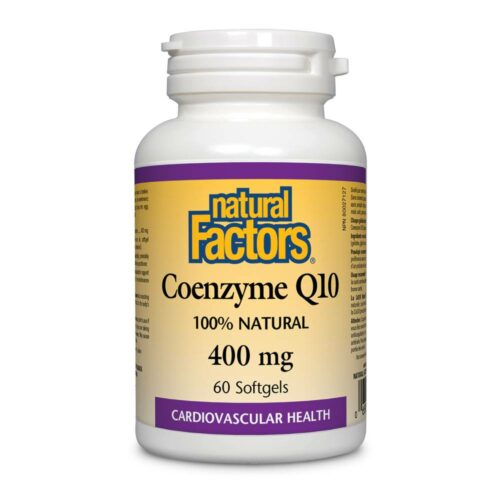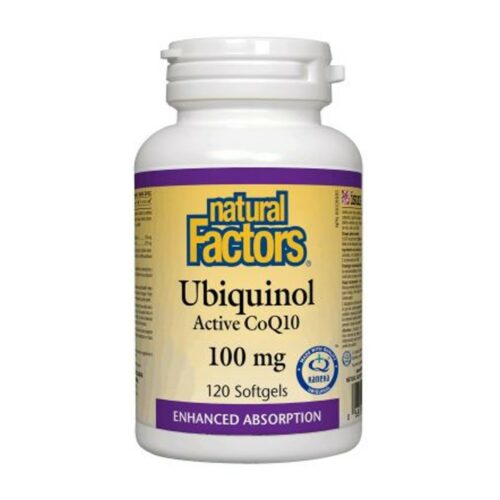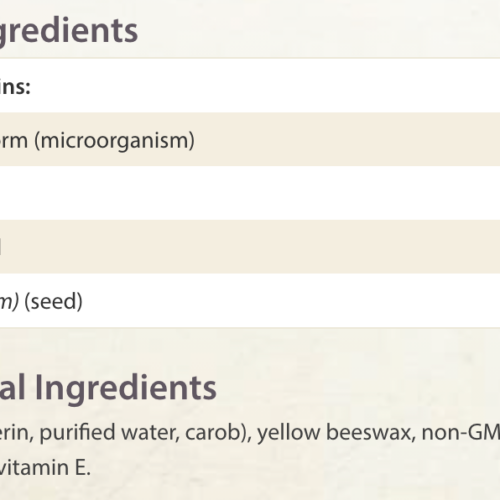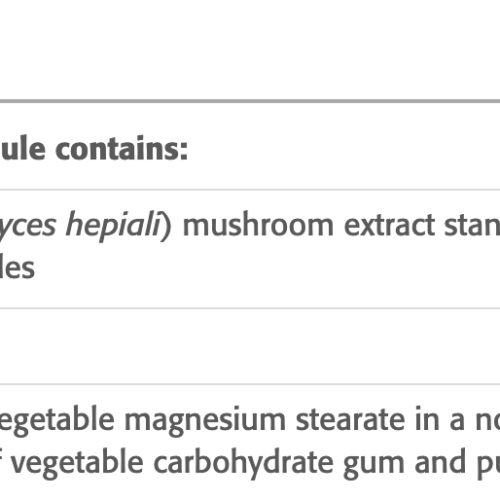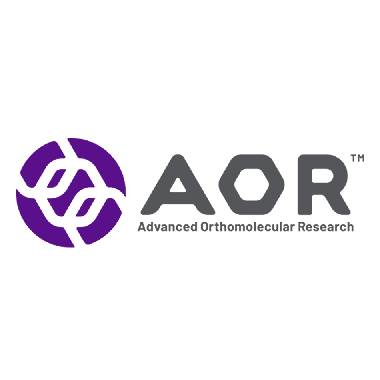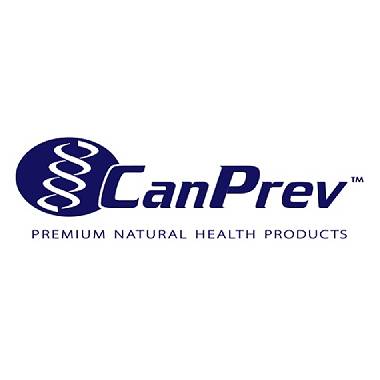Overview
Natural Factors B3 helps turn fats, proteins, and carbohydrates into energy the body can use, while promoting normal growth and development. It also plays an important role in cardiovascular health by lowering the level of “bad” LDL cholesterol and triglycerides in the blood, while boosting “good” HDL cholesterol and improving circulation.
- Helps to reduce “bad” cholesterol levels
- Promotes HDL, good cholesterol
- Aids in the metabolism of fats, proteins and carbohydrates
- Supports the cardiovascular system
Advanced Information
Vitamin B3, also called nicotinic acid or niacin, is an important factor in the maintenance of good health. It is a co-factor for enzymes that are vital to energy production and it helps the body convert carbohydrates, fats, and proteins into energy. Vitamin B3 is also vital to normal growth and development.
More than just a key part of energy production, nicotinic acid has been shown to effectively reduce levels of LDL “bad” cholesterol and triglycerides in the blood, while helping to increase levels of HDL “good” cholesterol. It reduces LDL cholesterol by restricting the production of cholesterol in the liver.
Vitamin B3 also supports cardiovascular health by acting as a potent vasodilator, which means it expands blood vessels to increase the flow of blood. As a result, niacin can sometimes cause an uncomfortable flushing effect, with itching, burning, or tingling in the skin. This is thought to be an important part of niacin’s therapeutic value on the circulatory system and these symptoms do not last.
Natural Factors Vitamin B3 offers 100 mg of vitamin B3 as nicotinic acid, the most effective form for improving cardiovascular health and lowering cholesterol.
Suggested Use
Helps metabolize fats, proteins and carbohydrates, and is a factor in the maintenance of good health. Helps normal growth and development.


